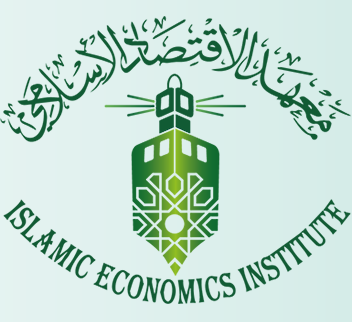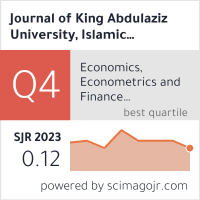Abstract
This article presents a comprehensive analysis of the potential of Bangladesh's institutionalized Zakāh system in driving socio-economic advancement. The research meticulously evaluates the impact of the Zakāh fund, managed by both institutional and non-institutional entities, in providing substantial financial capital and income-generating assets. It aims to draw a clear comparison between the two systems, highlighting the institutional model's ability to ensure long-term self-sufficiency, income generation, employment opportunities, and support for training and scholarships. This study employs a descriptive-analytical strategy to facilitate these comparisons. The data for the current study were obtained through comprehensive field research. A total of 385 individuals who pay and receive Zakāh, from both institutional and non-institutional Zakāh management, were surveyed using a standardized questionnaire. The study reveals encouraging outcomes in socio-economic advancement among receivers through Zakāh institutions, while non-institutional management tends to offer low-quality goods and small sums of money. The Zakāh beneficiaries from institutional sources received a slightly higher amount than those from non-institutional sectors. Institutional management holds substantial potential in socio-economic development indicators, significantly contributing to the country's economic growth.
First Page
39
Last Page
53
Recommended Citation
Rahman, Md. Muhibur
(2025)
"Potential of Institutional Zakāh Management in Socio-Economic Development of Bangladesh,"
Journal of King Abdulaziz University: Islamic Economics: Vol. 38:
Iss.
2, Article 3.
DOI: https://doi.org/10.64064/1658-4244.1002
Creative Commons License

This work is licensed under a Creative Commons Attribution 4.0 International License.



